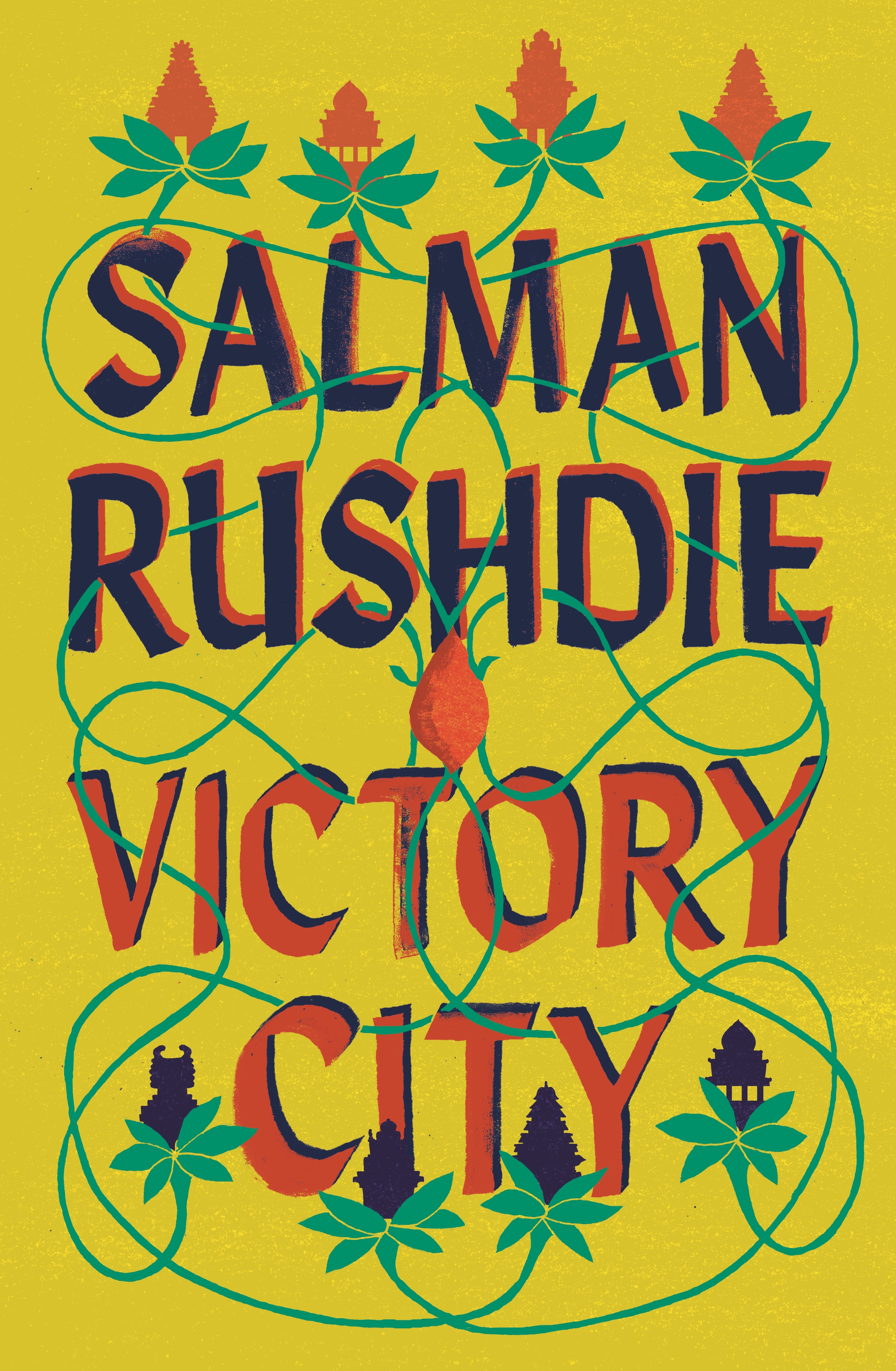
- Free Article: Yes
- Contents Category: Fiction
- Review Article: Yes
- Article Title: Fabulous happenings
- Article Subtitle: Salman Rushdie asserts literature’s freedoms
- Online Only: No
- Custom Highlight Text:
Salman Rushdie has long inspired ambivalence among readers. His talent has never been seriously in question – witness the swift canonisation and enduring affection accorded his second novel, Midnight’s Children (1981) – nor have his bona fides as a public intellectual who has stood against intolerance and cant, even under the threat of death. Yet his body of work has been marked by fictions that run the gamut from interestingly flawed to merely self-indulgent.
- Book 1 Title: Victory City
- Book 1 Biblio: Jonathan Cape, $32.99 pb, 342 pp, 9781473591905
- Book 1 Cover Small (400 x 600):

- Book 1 Cover (800 x 1200):

The story it tells, of a young girl who is both blessed and cursed by a Hindu goddess with extraordinary longevity and magical powers – a woman of modest birth who grows a great city from a handful of seeds and then presides over its fortunes throughout two and half centuries – combines myth and contemporary concerns, literary experiment and folkloric plainness. The result is a book that makes the old doubts about Rushdie’s work seem petty and wrongheaded.
Just as poet Karthika Naïr’s recent collection Until the Lions rescued from the Mahabharata stories of those relegated to the margins of the original text, so, too, does Rushdie employ an idiosyncratic echoing of that South Asian epic to assert literature’s freedoms in a moment characterised by autocratic drift and rising illiberalism.
The novel’s framing device reinforces this sense of historical reclamation. Readers are told they hold the modern translation of a newly rediscovered text – an ‘immortal masterpiece’ known as the Jayaparajaya (‘Victory and Defeat’), composed in Sanskrit and stored in a clay pot, where it lay, unknown, for four and a half centuries in the ruins of an Indian temple complex. This verse chronicle tells the story of a city, Bisnaga (the ‘Victory City’ of the title), and its people. Bisnaga, we learn, produced a culture of improbable richness. It was a beacon of tolerance and openness in its time – a pre-Mughal empire which achieved not one but three golden ages. This almost-Utopia was lost to history, claims the translators, until now. Rushdie proceeds to relate Bisnaga’s extended efflorescence as a fiction embedded in the actual fabric of India’s past.
Pampa Kampana, purported author of the epic, is nine years old when her parents die. Her father, a simple potter, is killed during a one-sided battle that saw the destruction of the minor principality in which the family lived. Her mother immolates herself, along with all other women of their village, in ritual suicide following the conflict.
The orphan girl is traumatised by these events, but also ennobled by them. A Goddess chooses her as a divine vessel and grants her powers, including an attenuated lifespan, in order that the girl might raise up a great city, and indeed an empire.
Pampa does so in a series of swift, miraculous gestures, and the narrative that follows enters the lives of the kings and queens, courtesans and courtiers, astrologers and holy men, street vendors and Portuguese travellers who form its human fabric.
Rushdie, however, is alert to the ways in which pre-modern epics – oral in nature, characterised by repetition, bald coincidence, and what Vladimir Nabokov called ‘fatidic riffs’, in which everything happens in triplicate – can seem over-determined to present-day readers. Instead, he uses the device of the faux translation to brilliant effect. Yes, we are in a world of fabulous happenings – and Rushdie’s prose admits an Ovidian relish for transformation, rendering Bisnaga in unashamed technicolour – but the exegetes of the present keep interrupting the text, apologetically noting that their rendering is but a pale imitation of the original.
Under the cover of their admitted inferiority, Rushdie smuggles in language, concepts, and modes of thought that would have been alien to the chronicle’s author. So it is that a passage of exquisite, courtly prose is given texture by some ironic flourish, obliquely pointing to our political present – that, or a well-placed obscenity or reference to a gastric complaint.
Beyond this tactical bathos, Rushdie, through Pampa, envisions a society in which, if only briefly (and courting the forces of reaction when it does), equality between the sexes becomes settled fact; same-sex relationships are unblinkingly accepted; art, poetry, and music are valued as much as military valour; and religion is welcomed but kept at arm’s length from the state.
This ideal society falls, of course, though it rises again and again before its final dissolution. Such breadth of perspective would be impossible without Pampa’s multi-generational existence. What begins as a bit of playful magical realism takes on increasing emotional heft as the narrative proceeds. Hers becomes an intensely moving account of a life lived half-way between immortality and the tragic restrictions placed upon human life.
There is an eerie quality to the final sections of the novel, in which Pampa, wearying of her efforts and sensing that her city is set to fall, is blinded by her husband, the King, in a moment of madness. It is as this point that Pampa and her creator come to share an affliction. Both have created worlds using nothing but a kind of magic. And both have lived long enough to see their ideal vision snuffed out. Each has suffered defeat, certainly. Yet Pampa and her author remain equally adamant in their refusal to despair.


Comments powered by CComment